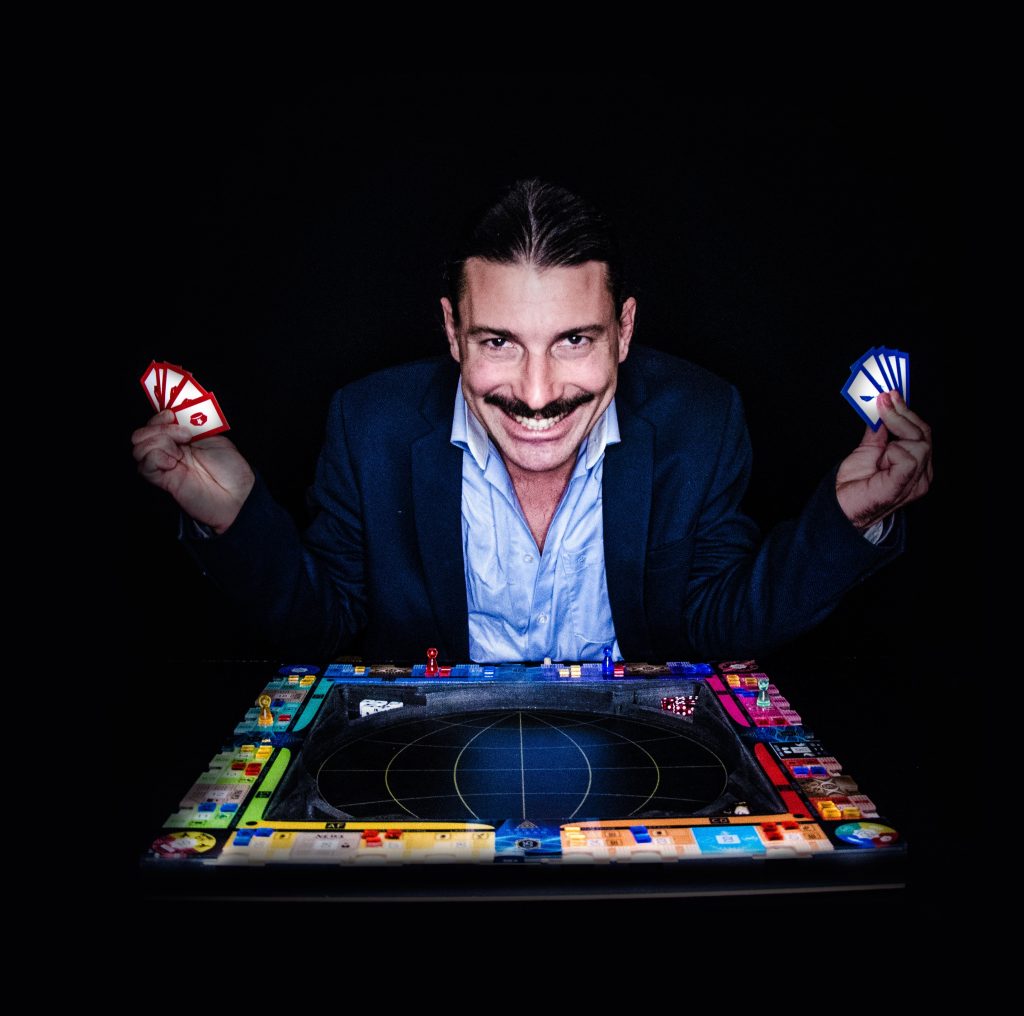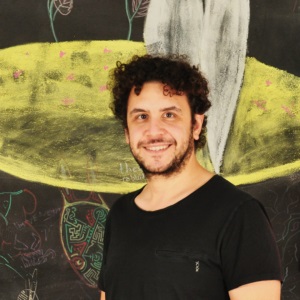
Sonja Gabriel works as a professor for media literacy at University Teacher College Vienna/Krems (Austria). Her primary focus of research is on digital game-based learning and using serious games and gamification for teaching different subjects at school and university as well as evaluation of various projects for learning with games and game-design approaches. Another focus of interest is the use of digital games for teaching values to players.
The potential of serious games in training people to become better citizens
FROG 2022 – Talk
Games – especially serious games – have become a vital part of teaching and learning within the last decades. Not only are they used to teach history, geography or maths but more and more to teach values and ethics. In Poland, for example the game This War of Mine was added to the official reading list for schools and should be used in ethics or social studies lessons. The questions that often arise are if ethics and morale can be taught at all and more specially when talking about digital game-based learning in how far are games better qualified to teach young people about freedom and oppression compared to other media. One reason quite often cited that games are a better choice of teaching material is motivation. The Self-Determination Theory by Ryan & Deci mentions three requirements for motivation: competence, autonomy and relatedness. Digital games, however, sometimes also use different means of motivation which are more of a gamified sort (like points, leaderboards) and which might work to keep players inside the game but not very likely to change their point of view or attitudes towards a certain topic. By having a closer look at some serious games dealing with freedom, oppression and anti war themes and contrasting the motivational structures used by game designers with Self-Determination Theory, the contribution wants to show if digital games have the potential to teach (Western society) values and guide players towards a better understanding of the concepts (re)presented in the game.








